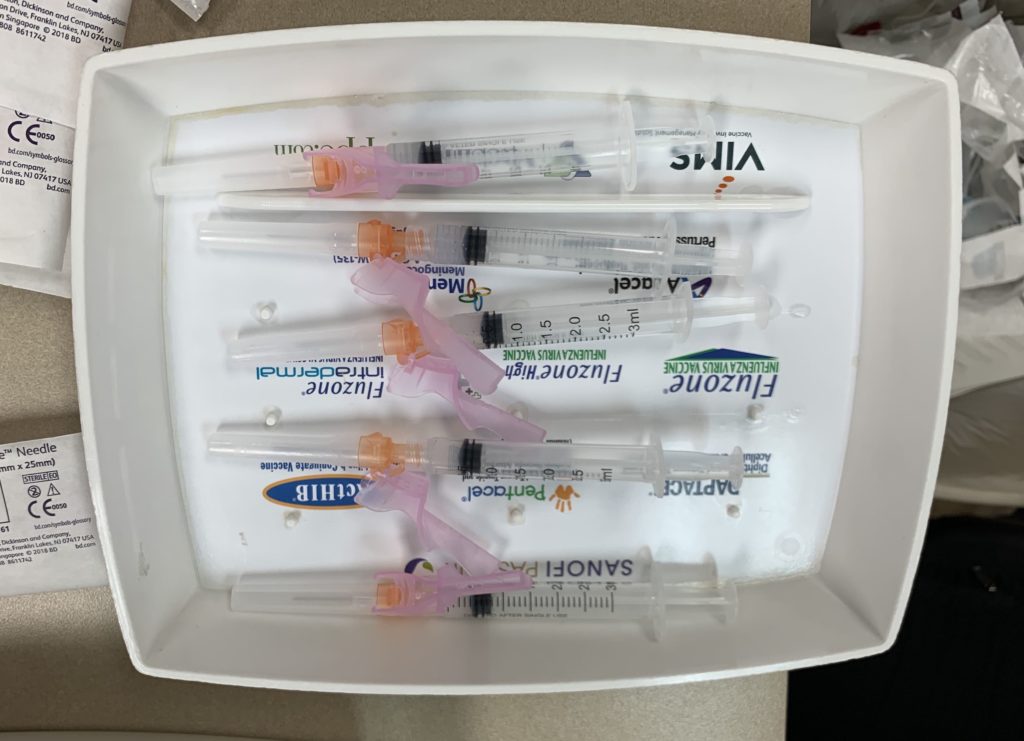
A woman from East Nashville hospitalized with severe blood clots is believed to be one of the handful suffering from the syndrome after receiving the Johnson & Johnson COVID vaccine.
The case was reported Wednesday in the Nashville Scene, which says she’s been in a hospital bed for a week, unable to get up because of swelling in her legs. The clots have also blurred her vision, and some have even made it to her brain, though they are in veins, which is less concerning.
Through it all, she still tells the Scene she’d get the vaccine again.
“I think vaccines are incredibly important and life-saving,” she says. “I want to be clear that my case is extraordinarily rare and is still being researched. A very talented team of doctors is working to determine what made me more susceptible to this reaction, and I’m confident that we’ll have answers soon and a more definitive list of folks for whom the J&J vaccine is safe.”
She’s unnamed by the Scene to protect her privacy, but reporter Steve Cavendish says her case has been reported to the Vaccine Adverse Event Reporting System and that her physicians at Ascension Saint Thomas have been in communication with the Centers for Disease Control and Prevention.
More: Johnson & Johnson Vaccine And Blood Clots — What You Need To Know
A Saint Thomas spokesperson has not yet confirmed that the hospital is treating one of the six known blood clotting cases related to the J&J vaccine. Leaders of the Metro Public Health Department tell WPLN News they were unaware of this case but that they wouldn’t necessarily be notified of reports to VAERS.
Nashville has administered roughly 15,000 doses of the one-dose vaccine, primarily through a one-day event at Nissan Stadium on March 20. Since that was nearly a month ago, health officials are not worried about those people having reactions at this point, since the cases being tracked by the CDC developed symptoms within two weeks. But the J&J shots were used within the past two weeks at a week-long event at Hadley Park in North Nashville.
CDC officials stress that the syndrome is extremely rare — still one in a million, at this point — but that patients should watching out for severe headache, abdominal pain, leg pain or shortness of breath. If if those symptoms develop, patients should seek medical treatment and disclose that they had been recently vaccinated.
So far, the cases have all involved women. Their ages range from 18 to 48. One woman, believed to be from Virginia, who died from the clots, was 45 years old.
But health officials say there are still not enough cases to know whether any particular group of people are more at risk from the J&J vaccine.
At this point, Tennessee has paused administering the J&J vaccine, but most appointments are still going forward using Pfizer and Moderna shots.

